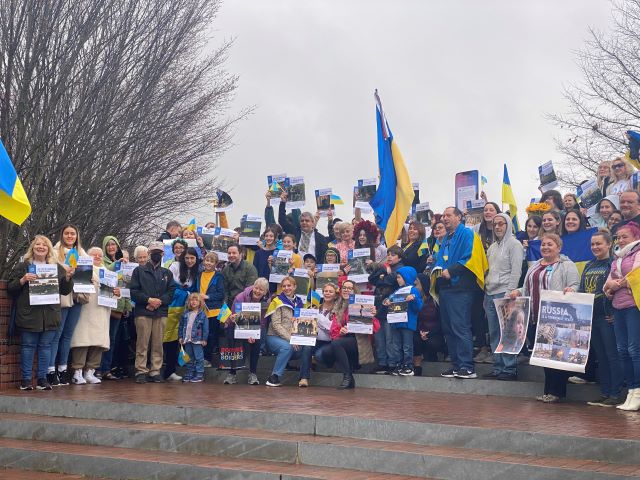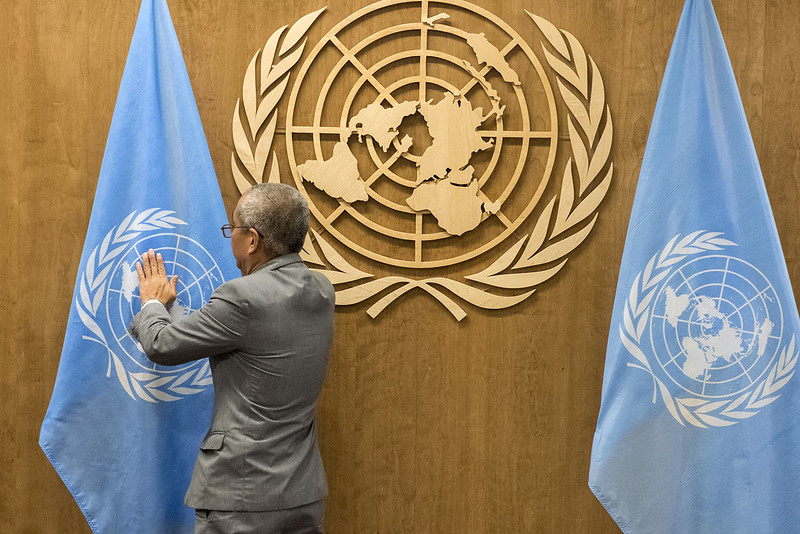 The primary focus of efforts to end poverty has been economic growth. The U.N. Special Rapporteur on Extreme Poverty and Human Rights is challenging this tradition by calling for policy recommendations to establish a Human Rights Economy-based model, one making economic decisions based on human rights obligations.
The primary focus of efforts to end poverty has been economic growth. The U.N. Special Rapporteur on Extreme Poverty and Human Rights is challenging this tradition by calling for policy recommendations to establish a Human Rights Economy-based model, one making economic decisions based on human rights obligations.
About the UN Special Rapporteur
U.N. Special Rapporteurs (or Special Procedures) are unpaid independent human rights specialists accountable to the United Nations Human Rights Council (UNHRC). Additionally, their role involves producing thematic and country-specific reports, visiting countries in an official capacity, communicating human rights violation appeals and presenting findings to the UNHRC and the assembly.
Themes of Special Rapporteurs include the rights to health, education, food, water and sanitation, while others address themes such as extreme poverty and human rights and cruel treatment. Indeed, candidates go through a multi-stage competitive process in which they are evaluated based on objectivity and expertise, among other qualifications. As of 2024, there are 46 thematic and 14 country mandates.
A Roadmap for Eradicating Poverty Beyond Growth
Building on the 2024 report “Eradicating poverty beyond growth,” the Special Rapporteur on Extreme Poverty and Human Rights has initiated an 18-month project to develop a roadmap addressing the problems with existing aid mechanisms. It calls for policy advising submissions in five key policy areas: access to social protection and services; labour policies and the care economy; economic systems transformation; climate, environment and resources; and trade, finance, debt and global solidarity.
The original report challenges GDP growth-based methods of battling poverty by presenting the concept of a Human Rights economy. Prioritizing human rights, this economic format suggests financing social protection programs rather than economic growth. The ongoing project has involved calls for policy input from governments, academia, and multinational organizations, among other involved actors.
Policy Submissions
The Basic Income Earth Network (BIEN), Tax Justice Network (TJN) and the Global Coalition for Protection Floors (GCSPF) are examples of organizations that have publicized their submissions for policy recommendations to the Roadmap for Eradicating Poverty Beyond Growth. They each outline five ideas for policy improvement, overlapping on issues such as financial transparency along with the importance of social program investment.
BIEN’s submission stands on the idea that extreme poverty is manmade and must be eradicated. ITs overall recommendation highlights the benefit of a basic, unconditional universal income distributed individually. Under the umbrella of a basic income, BIEN’s five policy areas of improvement include access to social protection and services, and economic systems transformation.
Access to social protection and services would increase social security by creating economic stability. Meanwhile, transforming economic systems via basic income would allow individuals and households to participate in the market economy and investment, as the financial requirements to acquire basic needs would be met.
TJN and GCSPF
The TJN suggest that a fair, transparent tax policy has the potential to enable governments to reduce inequality by funding essential services. Furthermore, its 5 areas of interest contribute to achieving a human rights-based, effective taxation system. These include “Revenue to Fund Public Services” and “Redistribution to Reverse Inequalities.” The first outlines how a transparent tax system would avoid losing tax revenue to external financial centres, increasing tax revenue without needing to increase GDP.
The second advocates for income tax distribution in a way in which the wealthy cannot take advantage of tax benefits while lower-income households lack access to public services. Their submission also identifies a positive correlation between a state’s reliance on tax revenue and the strength of its democracy.
The GCSPF submission “Achieving Global Social Justice” advocates for change in the organization of poverty-related policies. Their five policy recommendations include “Eradicating Poverty With People Living in Poverty” and “Ratification of Existing and Adoption of New International Instruments.” The first addresses the need for a policy that takes into account the multidimensionality of poverty and works with individuals living in such conditions. It calls for deliberate participation and increased dialogue between relevant actors, including governments and academia.
The second identifies the need for heightened monitoring by U.N. agencies to ensure that member states are adhering to legally binding treaties and protocols. Overall, recommendations aim to provide financing and mobilization of universal social protections.
Eradicating Poverty: Beyond Submissions
The Roadmap for Eradicating Poverty Beyond Growth is now closed to submissions, with all being eventually published in a Beyond Growth Roadmap online repository. Before implementation, a collaborative effort between the Rapporteur, consultants and contributors will involve workshops and events to ensure policies are practical and founded in lived experience. The U.N. will present the initial version of the report at the Second World Summit for Social Development in early November 2025, with its final draft presented to the U.N. Human Rights Council in summer 2026.
– Emily Galán
Emily is based in Alberta, Canada and focuses on Global Health and Politics for The Borgen Project.
Photo: Flickr
 After
After 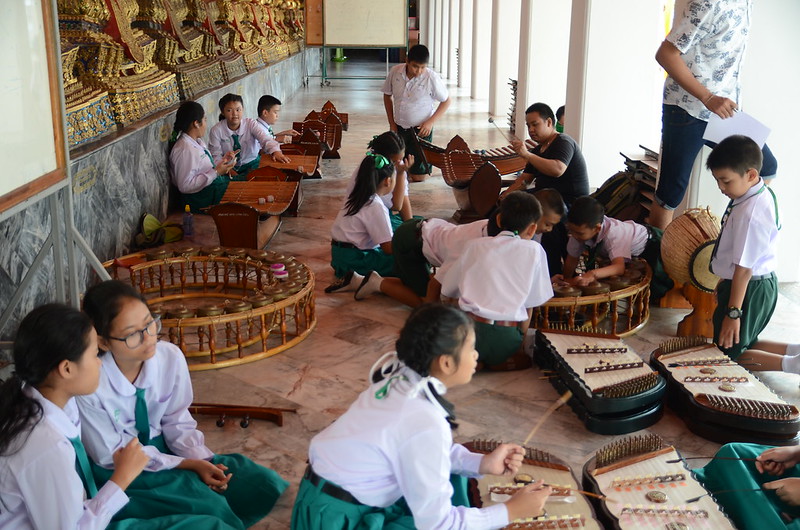 On February 20, 2025, the global community observes the World Day of Social Justice, a crucial moment to reflect on systemic inequalities and advocate for sustainable solutions to poverty. This year’s theme, “
On February 20, 2025, the global community observes the World Day of Social Justice, a crucial moment to reflect on systemic inequalities and advocate for sustainable solutions to poverty. This year’s theme, “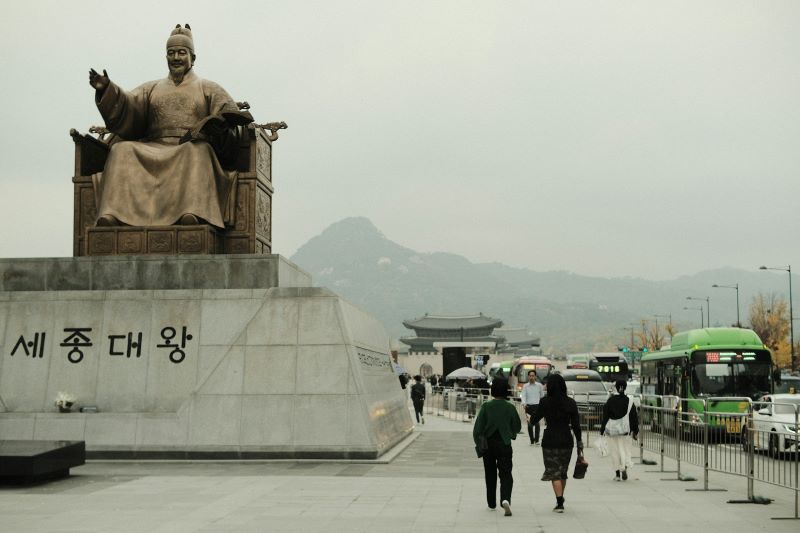
 Haiti is a small country located on the island of Hispaniola with the Dominican Republic, surrounded by the Caribbean Sea, carrying a population of 11.72 million. Many problems are actively eroding the country’s prosperity, including poverty, poor health care and malnutrition.
Haiti is a small country located on the island of Hispaniola with the Dominican Republic, surrounded by the Caribbean Sea, carrying a population of 11.72 million. Many problems are actively eroding the country’s prosperity, including poverty, poor health care and malnutrition.  Gardening in conflict offers a vital antidote; the planting of seeds is analogous to the transformation of lives uprooted by destruction. Gardens offer both symbolic relief and tangible rewards for citizens as they grapple with the reality of environmental devastation and displacement.
Gardening in conflict offers a vital antidote; the planting of seeds is analogous to the transformation of lives uprooted by destruction. Gardens offer both symbolic relief and tangible rewards for citizens as they grapple with the reality of environmental devastation and displacement. 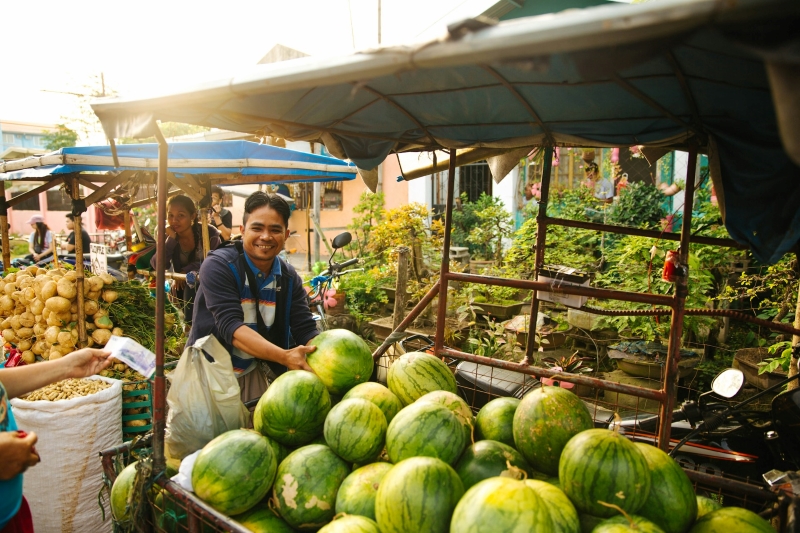 Inequality is a key barrier to success for many residents of the
Inequality is a key barrier to success for many residents of the 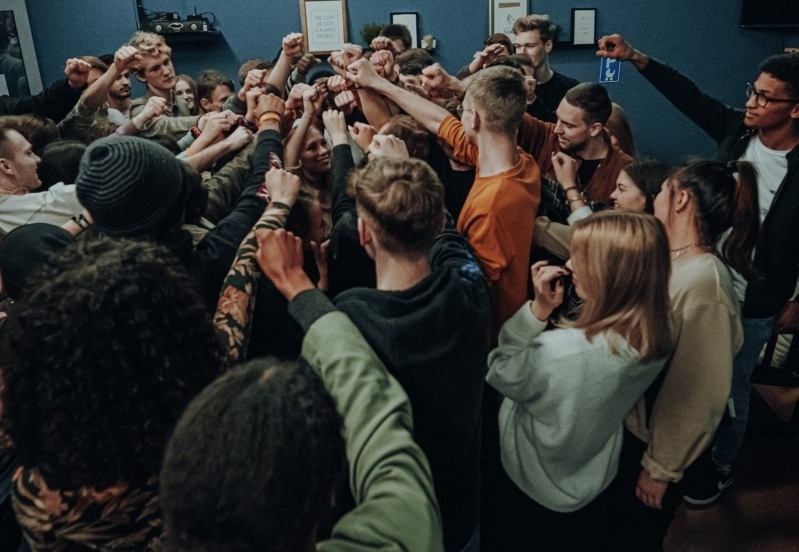 The voices of young people have often been dismissed leaving many feeling powerless in the face of global challenges. Young people are frequently told they are too young to understand or affect meaningful change. Despite these barriers, youth activism is gaining momentum. Young people are driving change and their fresh perspectives have proven instrumental in driving progress on global issues, such as poverty. Youth activism is essential to amplify the voices of the marginalized and create long-lasting, transformative change. Here are five young leaders from around the world who are making significant strides towards combating global poverty.
The voices of young people have often been dismissed leaving many feeling powerless in the face of global challenges. Young people are frequently told they are too young to understand or affect meaningful change. Despite these barriers, youth activism is gaining momentum. Young people are driving change and their fresh perspectives have proven instrumental in driving progress on global issues, such as poverty. Youth activism is essential to amplify the voices of the marginalized and create long-lasting, transformative change. Here are five young leaders from around the world who are making significant strides towards combating global poverty.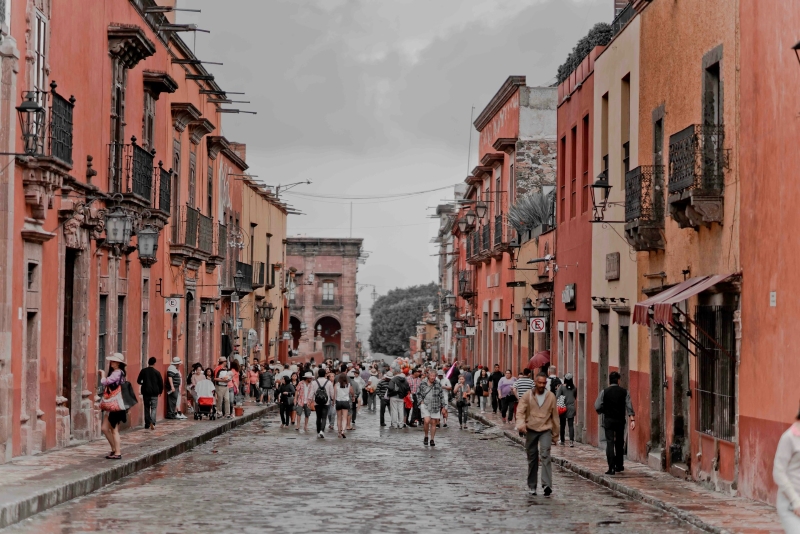 In Mexico, drug trafficking endangers civilians of all ages through increasing crime and violence. Rampant cartel activity
In Mexico, drug trafficking endangers civilians of all ages through increasing crime and violence. Rampant cartel activity 